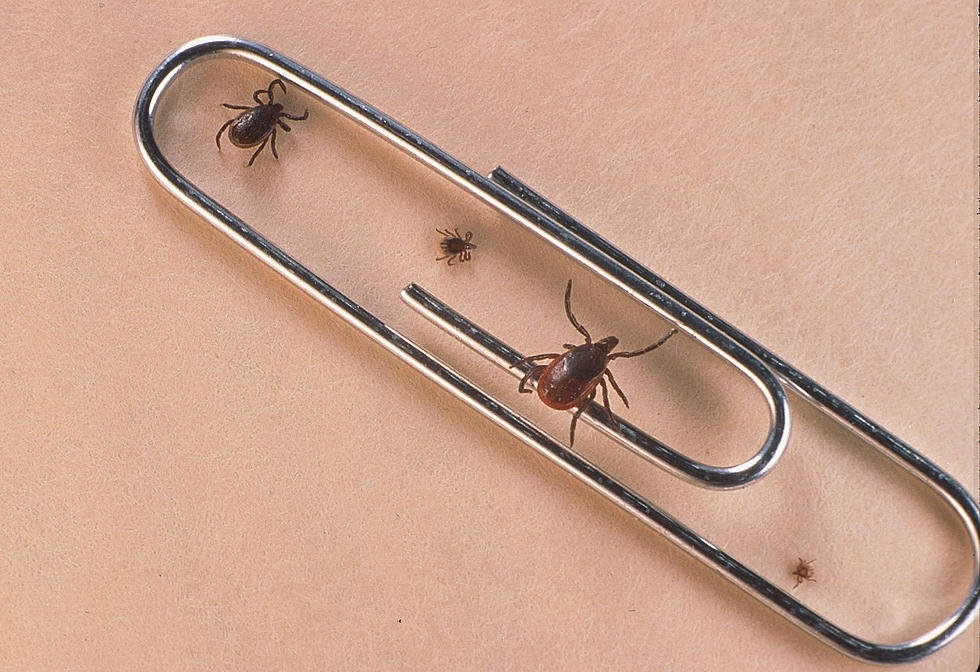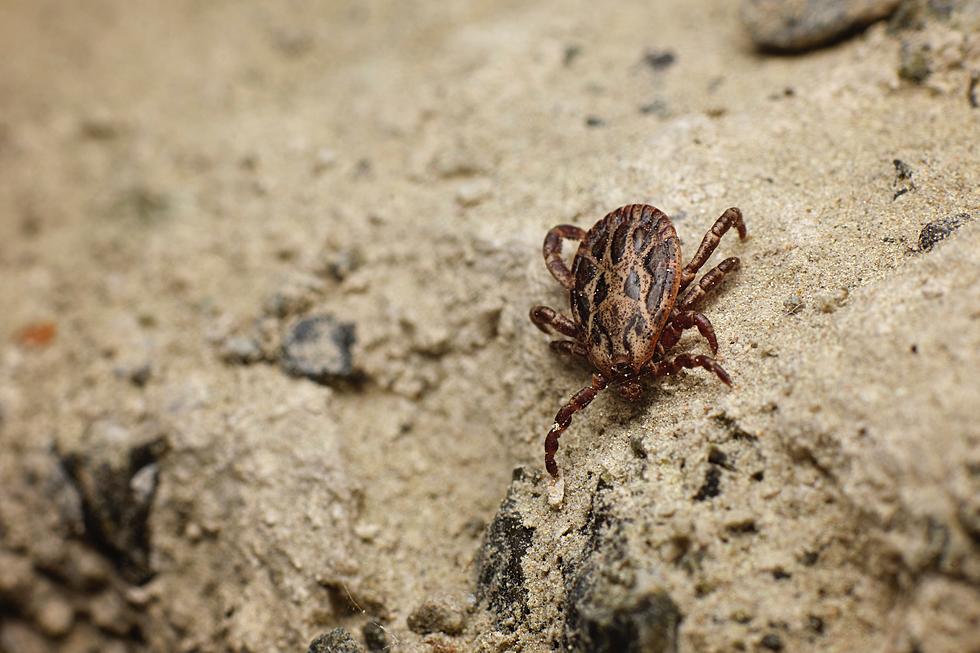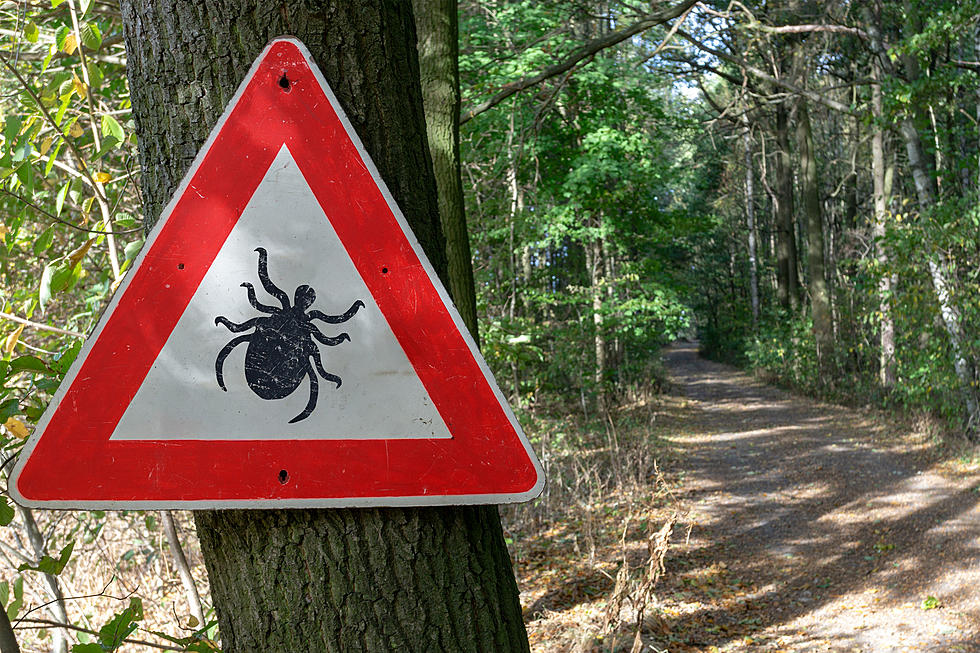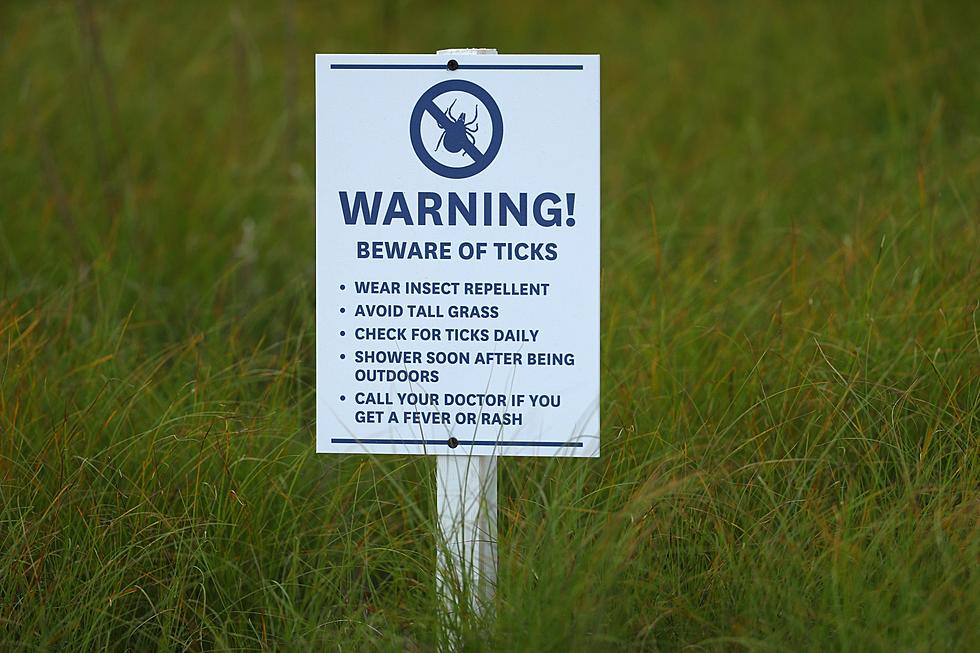
Tick Bites in October Are on The Rise in Michigan Due to Warmer Weather
Normally we have these tick discussions heading into summer, not leading up to winter. However, with the unseasonably warm weather that we've been having in October, those nasty little suckers are hanging around a bit longer than normal. I mean, they're always active leading up to winter but not quite as active as they are right now.
According to the CDC, the number of people heading to the hospital has nearly tripled compared to prior years. Tick bite visits to emergency rooms totaled 72 this past week in our region, which is 2.6 times the average rate of 28.
Jean I. Tsao, associate professor in the departments of Fisheries & Wildlife and Large Animal Clinical Sciences at Michigan State University:
The warmer weather has implications for tick-borne disease in that if it means more people continue to spend time outside the risk for more tick exposures will remain high. The ticks won’t stop being active until temperatures fall below freezing. So, if warm weather persists into Nov/Dec/Jan, then the season for transmission will continue.
Michigan's five most common ticks
- American dog tick
- Blacklegged tick
- Lone star tick
- Woodchuck tick
- Brown dog tick

Preventative measures you can take
If you're going to be in grassy, brushy, or wooded areas outside, just be aware that these are tick hotspots. So if you're walking your dog, camping or gardening, pay attention.
It's also a good idea to treat your clothes with products containing 0.5% permethrin. Permethrin can be used to treat boots, clothing and camping gear and remain protective through several washings. Although, it's highly unlikely that you're going to do this when simply hiking or taking your dog for a walk.
When you come in from outside, check your clothing and pets for ticks. Also, shower as soon as you come in from outside and check every part of your body. I've been down this road before, and it's no fun at all.
LOOK: Here are the pets banned in each state
RANKED: Here Are the 63 Smartest Dog Breeds
More From 94.9 WMMQ







